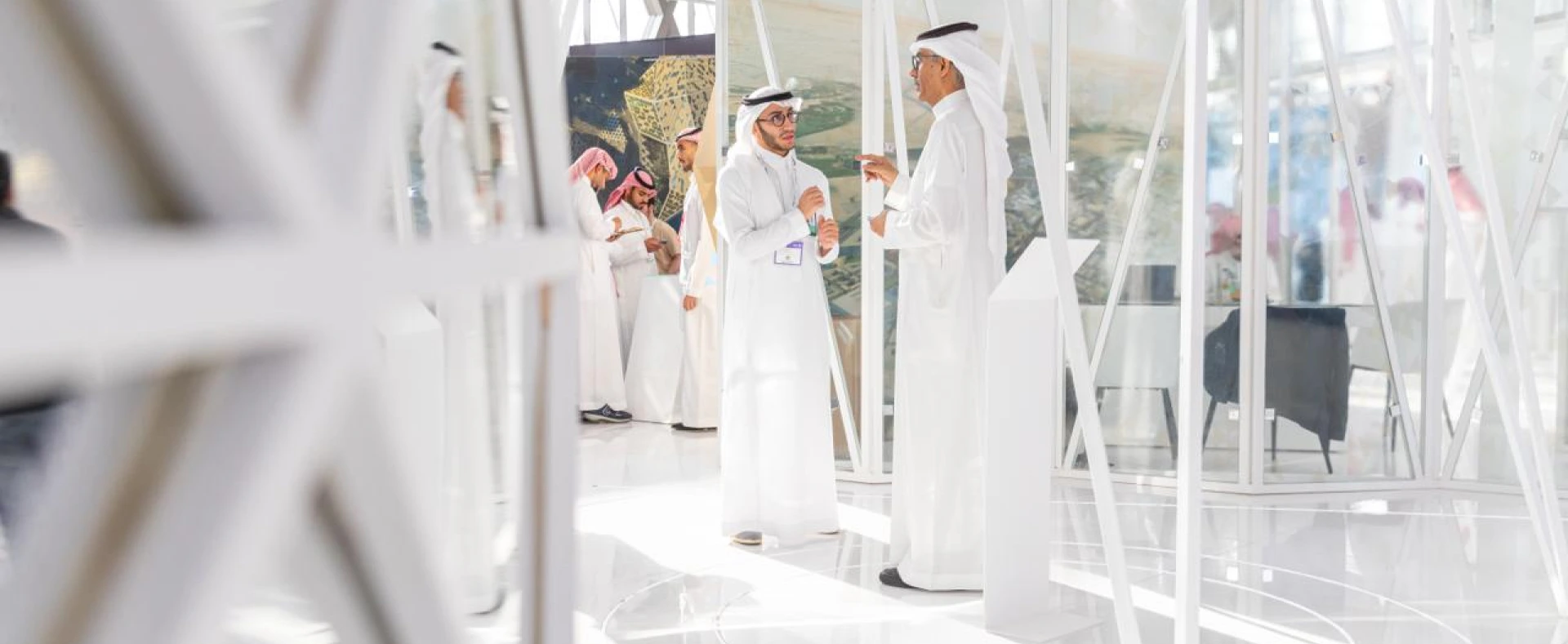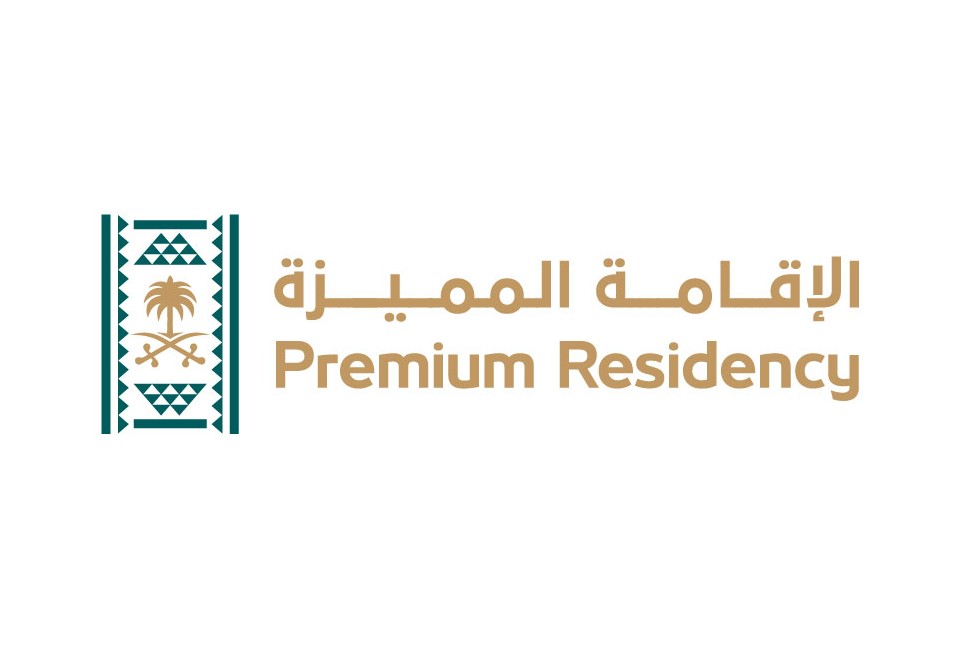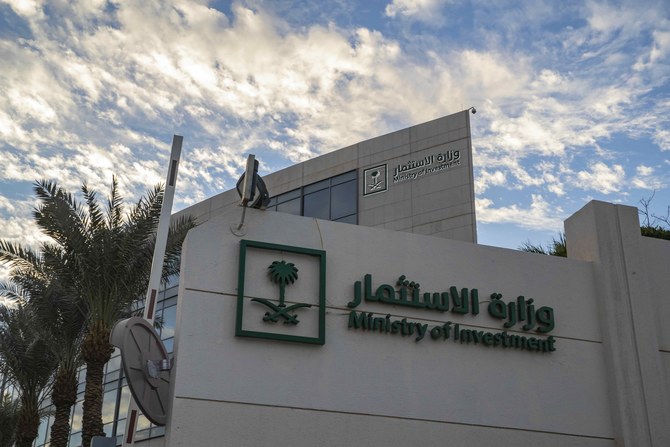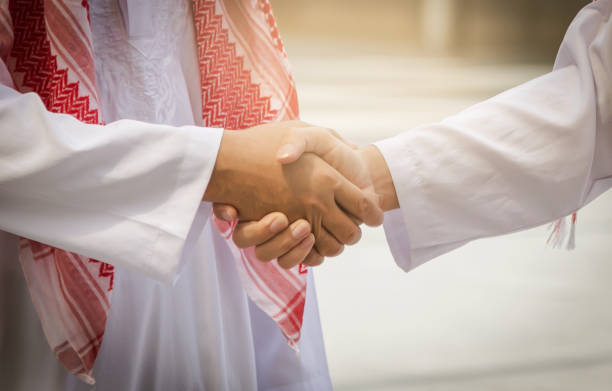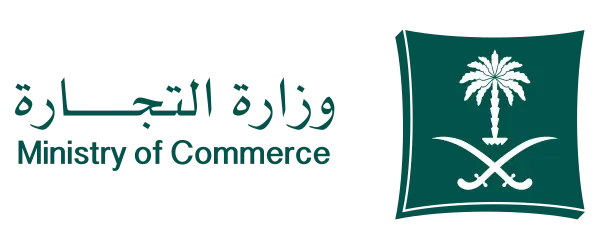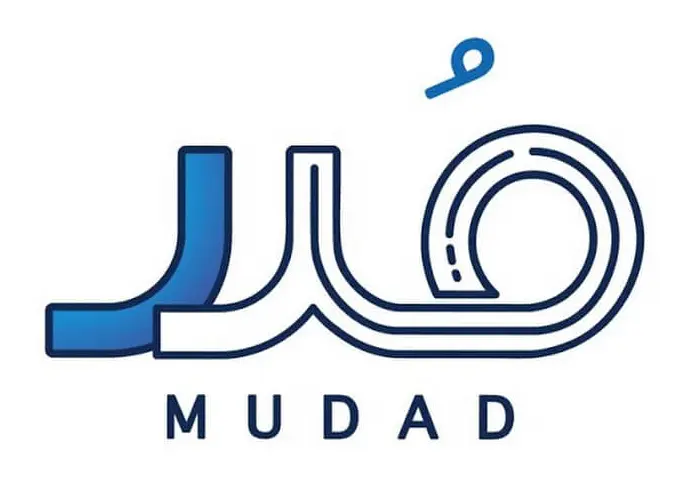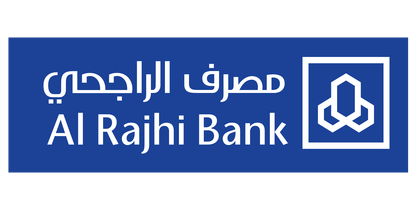Investor Journey
Registration Process and Required Documentation
Integrated Services
A Digital Mark in Every Service
Comprehensive business solutions designed to support investors, entrepreneurs, and companies entering the Saudi market.
Insights & Articles
Expert guidance and fresh perspectives to help you navigate business in Saudi Arabia.
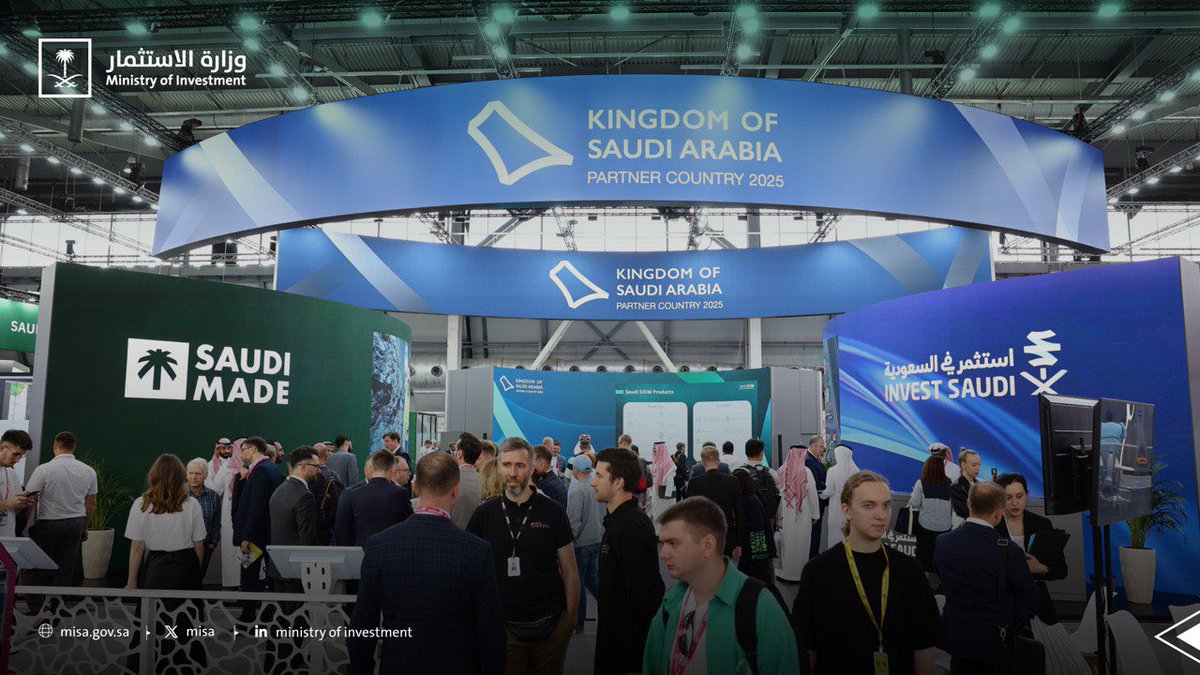
10 Steps to Setting Up Your Business in Saudi Arabia
Comprehensive Guide: 10 Steps to Setting Up Your Business in Saudi ArabiaI. Introduction: Saudi Arabia – A Promising Inv
Read More

General Organization for Social Insurance in Saudi Arabia
Summary
The General Organization for Social Insurance in Saudi Arabia is a fundamental pillar of social protection, ope...
Read More
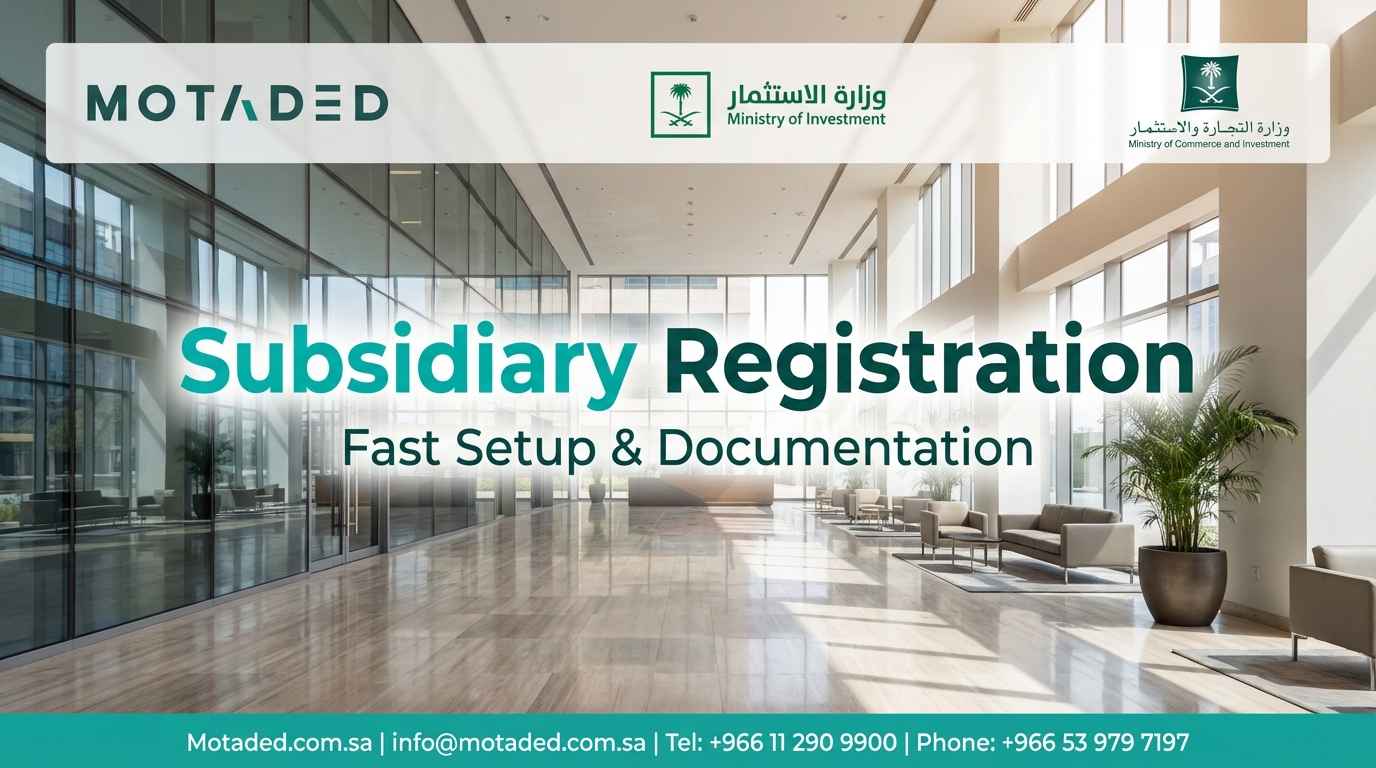
Subsidiary Companies in Saudi Arabia 2026 | Structural Sovereignty Guide - Motaded
XI. Summary
The Kingdom of Saudi Arabia has made significant strides in creating an attractive and facilitated invest...
Read More
